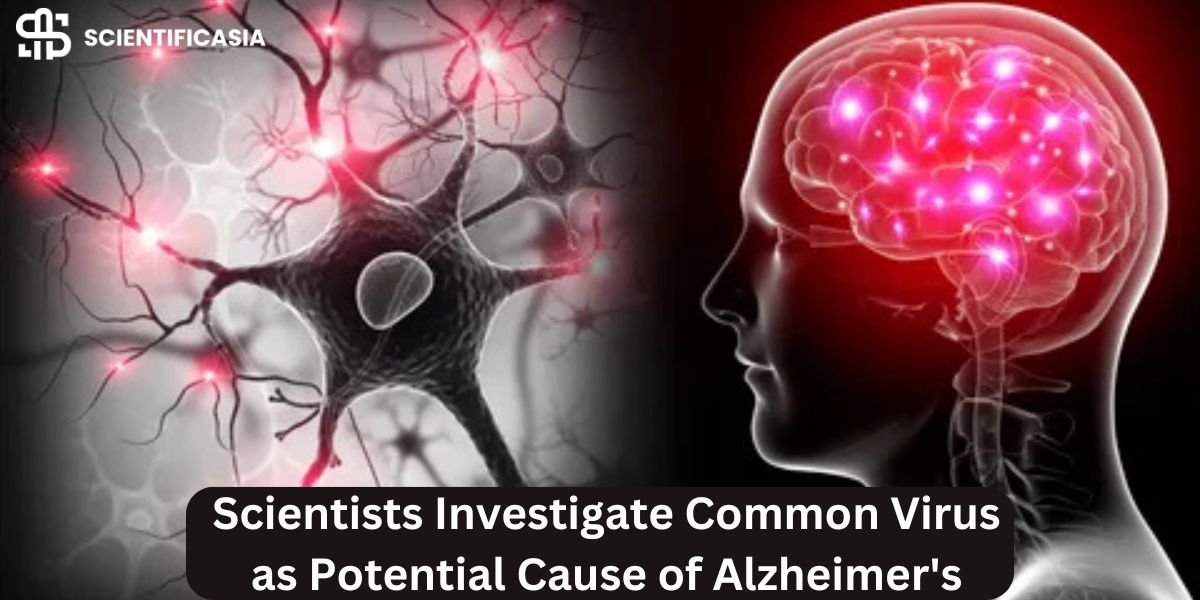Recent studies show that a virus affecting one million Americans each year may increase the risk of developing dementia. Researchers at Stanford University found that shingles, a virus that causes a painful rash, might raise the risk of Alzheimer’s disease. They discovered that people who received the shingles vaccine had a 20% lower chance of getting Alzheimer’s years later.
Experts think this new area of study, which connects viruses like shingles, herpes, and chickenpox to dementia, could help us understand Alzheimer’s better.
What are shingles?
The varicella-zoster virus is the cause of chickenpox. After you recover from chickenpox, this virus stays in your body for life. According to the Mayo Clinic, it can become active again later, causing shingles. This usually happens when a person’s immune system is weak, which is more common as people age or become ill.
The CDC estimates that about one million Americans get shingles every year. Additionally, approximately 500,000 Americans receive a diagnosis of Alzheimer’s each year. Despite how common it is, researchers have made little progress in figuring out what causes Alzheimer’s in recent decades.
WHO Approves Mpox Vaccine, Paving the Way for Use in Africa
Mumps vaccinations are badly needed in Africa
The Study’s Findings
Dr. Pascal Geldsetzer and his team studied the medical records of 300,000 people born in Wales between 1925 and 1942. They looked at who received the shingles vaccine, who had shingles, and who had dementia over time. Those who received the shingles vaccine had a 20% lower risk of developing dementia within seven years, the researchers found.
They also checked their findings against studies done in the UK and Australia to make sure the results weren’t unique to Wales. Oxford University researchers have discovered additional evidence that suggests a potential connection between shingles and Alzheimer’s disease.
The journal Nature published a study in 2024 that examined the health data of 200,000 Americans who received the Shingrix vaccine, which received approval in 2017. This new vaccine reduced the risk of dementia by 17% for six years after vaccination, compared to older vaccines.
Marburg Virus Outbreak Claims Six Lives in Rwanda
Hushed Spread: There is a big threat alarm raised for not controlling the bird flu
Experts weigh in.
“I’ve always believed in vaccines, but the COVID vaccine showed me that vaccines might have long-term benefits beyond preventing immediate illness,” said Paul Harrison, a professor of psychiatry at Oxford University.
The research on the link between shingles and dementia is still in the early stages. Scientists are trying to understand how shingles might lead to some cases of dementia. They believe it could be associated with the period following chickenpox, during which the virus conceals itself within the nervous system.
Research from the Netherlands suggests that while the virus is hiding in your body, your immune system is working hard to control it. As people age, become sick, or experience stress, the virus can spread to other parts of the body, including blood vessels. This can affect blood flow to the brain, which is crucial for brain health.
Long-term reductions in blood flow to the brain can damage brain cells and raise the risk of dementia.
Dr. Maria Nagel, a neurovirologist studying shingles at the University of Colorado, is excited that researchers are exploring how viruses may cause dementia. She believes that investigating the connection between viruses and brain diseases offers a new way to find solutions for Alzheimer’s.
“I really believe that in the next ten years, we’ll make significant progress in understanding how to slow down Alzheimer’s disease,” Dr. Nagel said, highlighting the growing number of researchers focusing on this important field.
















